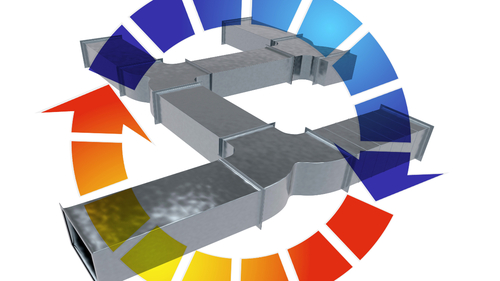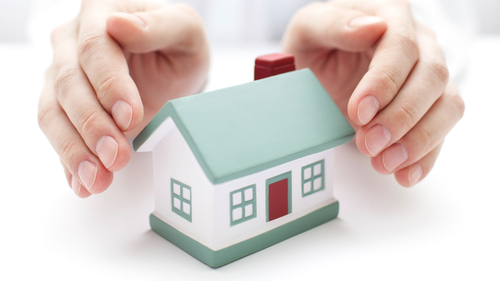Our Blog

Sewer Problems Made Simple with a Sewer Camera Inspection
Posted on March 28, 2024
A sewer camera inspection service from Woodruff Energy is a great solution to identify problems in your sewer line!
Read full post >

Plan Today for the Heat Tomorrow!
Posted on March 15, 2024
As we begin to put our jackets away and say goodbye to another winter season, it’s time to start thinking about the warm weather…
Read full post >

Ductwork Makes all the Difference!
Posted on February 22, 2024
You may not realize it, but the ductwork in your home is one of the most important parts of your HVAC system.
Read full post >

With Propane, It’s Personal: Things to Consider Before Converting to Natural Gas
Posted on February 15, 2024
At Woodruff Energy, your home comfort always comes first, and we want you to know the full scope of how switching to natural gas…
Read full post >







